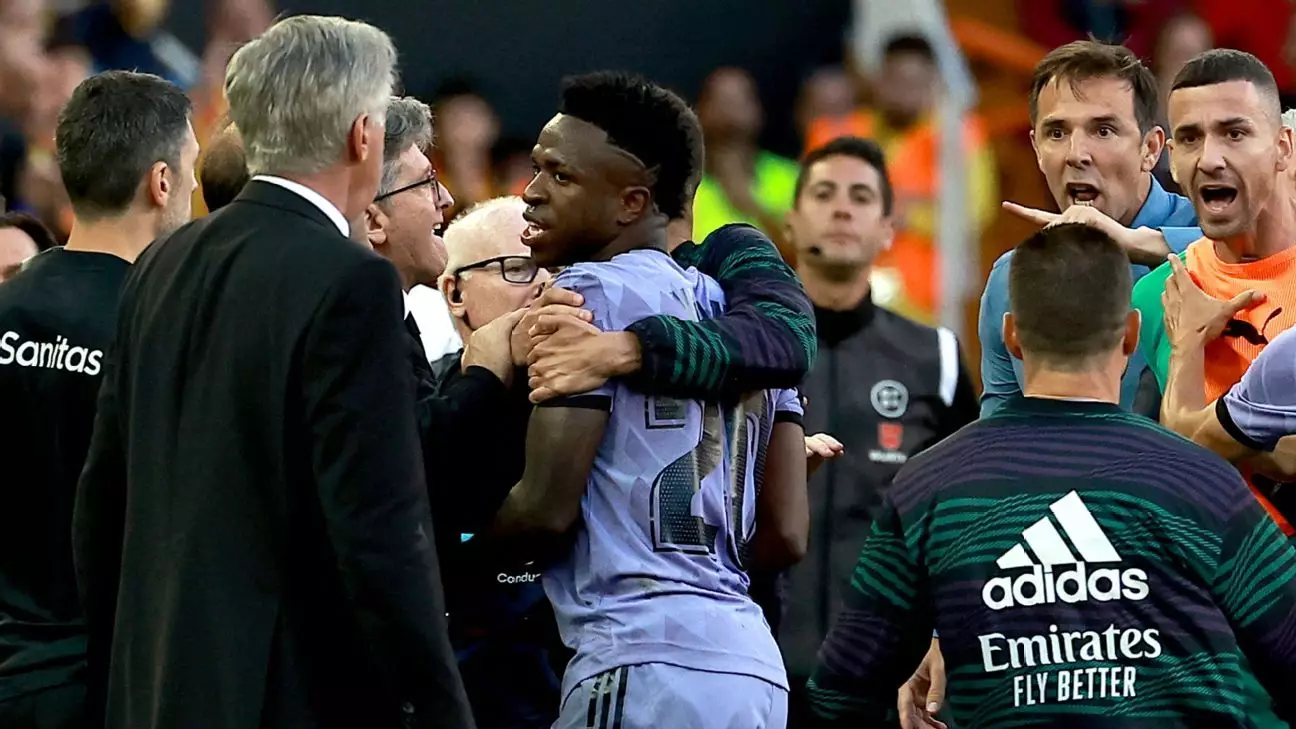FIFA recently announced a series of proposals aimed at combating racism in football. These proposals include the implementation of a global standard gesture to indicate racist incidents, as well as the introduction of match forfeits as a disciplinary measure. While these initiatives seem well-intentioned, it is important to critically evaluate their potential effectiveness in addressing the pervasive issue of racism in the sport.
One of the key challenges in combating racism in football has been the lack of coordination and enforcement mechanisms across different federations. FIFA’s proposal to urge all 211 national federations to mandate racist abuse as a disciplinary offence is a step in the right direction. However, it remains to be seen how effectively this mandate will be implemented and enforced in practice.
The Problem of Evidence and Accountability
Another significant issue highlighted in FIFA’s proposals is the lack of evidence to support claims of racial abuse. In some cases, investigations have been dropped due to a lack of conclusive evidence beyond the player’s testimony. Moreover, players who have been subjected to racial abuse have often faced repercussions for trying to leave the field in response. It is crucial for FIFA to address these issues and ensure that players feel supported and protected when reporting incidents of racism.
FIFA’s proposal to introduce a standard gesture for players to communicate racist incidents to referees is a positive step towards empowering players to speak out against discrimination. This gesture, involving crossed hands raised in the air, is reminiscent of the one used by United States athlete Raven Saunders at the Tokyo Olympics. However, the effectiveness of this gesture will ultimately depend on the willingness of referees to respond promptly and decisively to instances of racist abuse on the field.
While FIFA’s proposals to tackle racism in football are commendable, there are several critical issues that need to be addressed in order to ensure their success. From coordination and enforcement challenges to the need for better evidence collection and accountability mechanisms, there is still much work to be done to create a safe and inclusive environment for all players. It is imperative for FIFA to work closely with member federations, players, and other stakeholders to implement these proposals effectively and bring about meaningful change in the fight against racism in football.

Leave a Reply